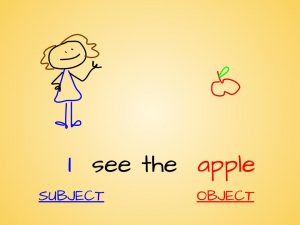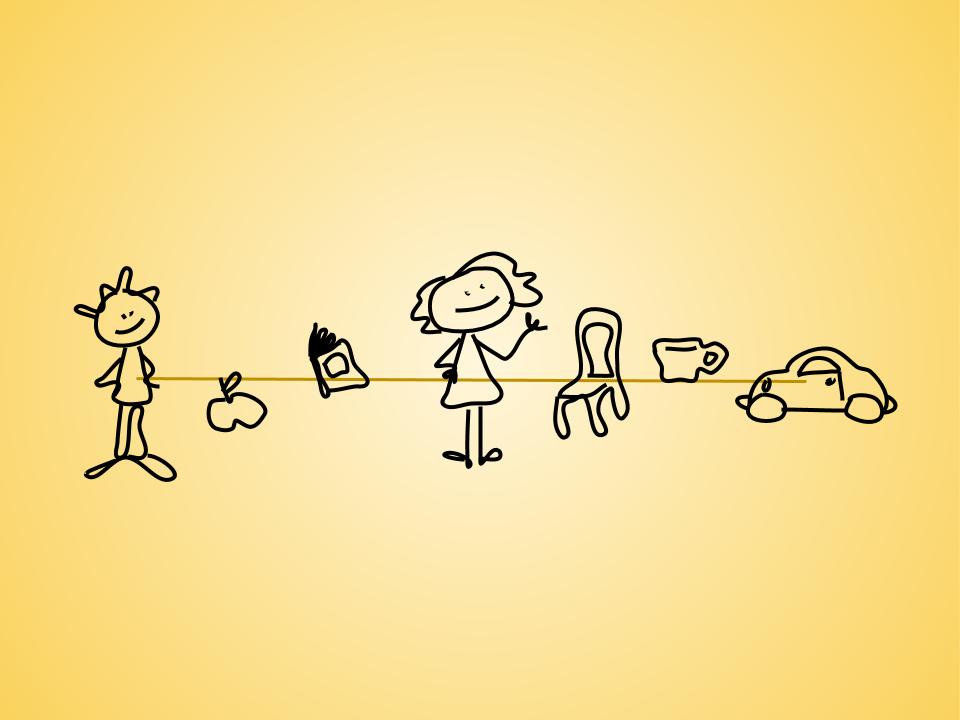Journalist Lewis Wallace recently lost his position as reporter at Marketplace, a news source distributed by American Public Media (APM), for self-publishing an article entitled “Objectivity is Dead and I am Okay with it.” In the article, Wallace makes the case that reporters from marginalized people groups (Wallace is transgender) do not have the luxury of being “objective” or “neutral” when the issue at hand directly impacts their ability to live and/or questions their right to exist in society. Further, he claims, “…as norms of government shift toward a “post-fact” framework, I’d argue that any journalist invested in factual reporting can no longer remain neutral.”
Now, I am not a journalist. I am a philosophy teacher, but I have found myself facing the same issues as Mr. Wallace. Because philosophy aims at exposing truth through logic, philosophy (done well) is as neutral as it gets. To any given problem, there are as many solutions as make sense. Regardless of who posits them. Of course, philosophy doesn’t excuse any office or authority from making sense either. As a philosopher, I cannot turn a blind eye to the rhetoric of “alternative facts” floated by the Drumpf administration. I have to call it out. And this causes some students to question my neutrality.
Under these circumstances, I’m willing to concede that apparent neutrality may be a lost cause. However, I don’t count objectivity a similar casualty. In fact, while I appreciate Wallace’s intent (and object to his loss of employment), I reject his assertion that objectivity is dead. My disagreement on this point is not really with Wallace, but stems from a cultural confusion about the nature of objective and subjective truth about which we can no longer afford to be complacent. Subjective truth is popularly depicted as the triumph of personal perspective over the universally accepted. To turn any given topic on its head, all one has to do is intone the magic objection: “That’s not my experience.” And POOF! truth as we know it goes up in a cloud of smoke. However, to reduce subjectivity to an authoritarian kind of personal experience misses much of the criticism it brings (with good case) against our assumptions about objectivity.

Let’s begin untangling this mess with elementary school grammar. Maybe you remember diagramming sentences in elementary school. Then you also might remember that a sentence like “I see the apple” has a subject and an object. The subject does the action. The object receives the action. In this case, the subject is “I” and the object is “apple.”
Objective truth is that truth which can be stated about the apple without reference to the I. The identity of I does not come into our account of the apple. Because the I is meant to be left out of the account, objectivity is not best understood as a personal trait. I am not objective. Rather, objectivity is an observational methodology. Objective truth consists of information about the apple that is universally available. Typically, objective truth is consistent with what we think of as scientific truth. It includes facts and data about the apple verified through observation and measurement, under strict controls and in lab conditions. If we understand the I to play a part at all, it is that of a scientist. Objective truth assumes that the human I, or ego, is such that it examines objects (like apples) with a degree of detachment, as if encountering them on a lab table.*

However, clinical precision is not typically how human beings encounter objects in everyday life. Rather, the human mind is located in the world in relationship to objects. These relationships are native and most of the time, completely invisible to us. As a human being, I take my position in the world for granted because I’ve occupied it prior to being aware I was in the world. There are situations, crises really, which can cause my position and relationships to become apparent, but that’s another story for another time. Suffice it to say, subjective truth is that truth which takes into account the relationship “I” have to the “apple.” It recognizes that the subject comes at the object from a point of view.
To American ears, that last statement may indeed sound like the triumph of personal perspective over objectivity. American culture is head-over-heels in love with individual autonomy and we are therefore prone to hearing things that reinforce the independence and power of the “I.” But that misunderstands what subjective truth is trying to say.

If we consider the problem in terms of position, then we can get a better picture of what is going on. The illustration at left is the same as above, just rotated so that all the objects are on the same plane. It demonstrates how my position may result in me knowing less about a given object. I can only see portions of the car from my position; my relationship with the chair and the teacup somewhat obscures my view. My neighbor is more distant from me than my favorite book. If I start to think of my “position” in terms of demographics (socio-economic class, ethnicity, health, gender, etc.), then I can imagine how my social location may inform my “view.” And again, my view is native to me. Therefore, I often don’t realize that I’m coming at a relationship from a particular direction. Maybe I’ve never considered that my relationship to my car is part of my socio-economic class. Maybe I’ve never realized that my relationship to my neighbor has something to do with what we call “race.”
Now here’s the important bit. What’s at stake in the subjective view of truth I’ve just laid out is NOT what it says about MY EXPERIENCE. The point is not to establish the limited viewpoint of the subject as authoritative, but to criticize the assumption which underlies the objective model: that the subject has the capacity to be objective under everyday circumstances. Most of the time, I am not a scientist and the world is not a lab table. Most of the time, I am in relationship to the things around me. Most of the time, those relationships are invisible to me because I am so used to them. So most of the time, even when (maybe especially when) I think I’m being objective, I am not. Therefore, according to the subjective account of truth, my perspective on other beings is less authoritative, not more so. Once I admit my limited capacity to know my car, my cat, my neighbor as the really are, the emphasis shifts away from my authority as ego and towards accounts of other beings as and by themselves. Especially when dealing with other conscious beings, there is a “what it is like” to their existence that is inaccessible to me because it is subjective by its very nature.
Thomas Nagel makes this point in his awesome essay “What it is like to be a Bat.”** He argues that if we attempt to imagine what it is like to be a bat, then the best we can do is imagine what it is like for ME to be a bat. However, this is not how a bat would experience itself at all. There is a quality to the experience of existing as a bat that is forever foreign to me because it is dependent on the bat’s perspective of itself. Which is not to say that there aren’t volumes of objective information available about bats. There are many, many books full of lab-quality facts, data, measurement and observations that I can know about bats. The fact that escapes me is “what it is like” to be a bat. My position excludes me from that information because it relies on the bat’s intimate position to itself.
In conclusion, Lewis Wallace is correct to argue that my social location matters. My “I” inhabits the world in relationship with the objects around me. However, declaring my positions does not disqualify me from asserting (or reporting or teaching) objective truth. I just need to take care when I do so. I need to guarantee my information is as lab-quality accurate as possible and I need to question whether others are upholding a similar standard in their assertions. I also need to be aware that some information might not be available as objective fact and commit to considering more deeply the experiences of others. In the current political climate, I likely will be perceived as less than neutral when I do so. And I am okay with that.

